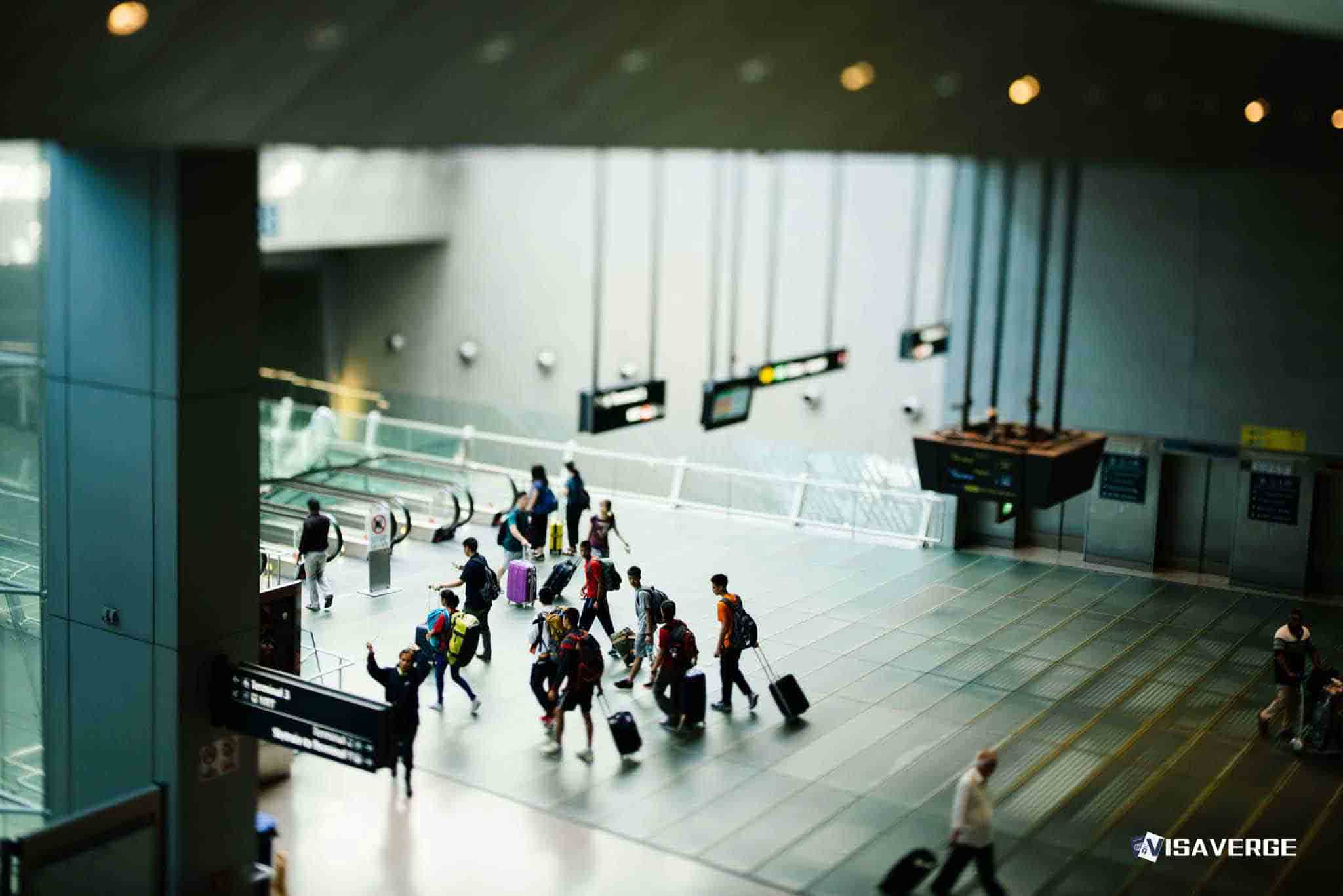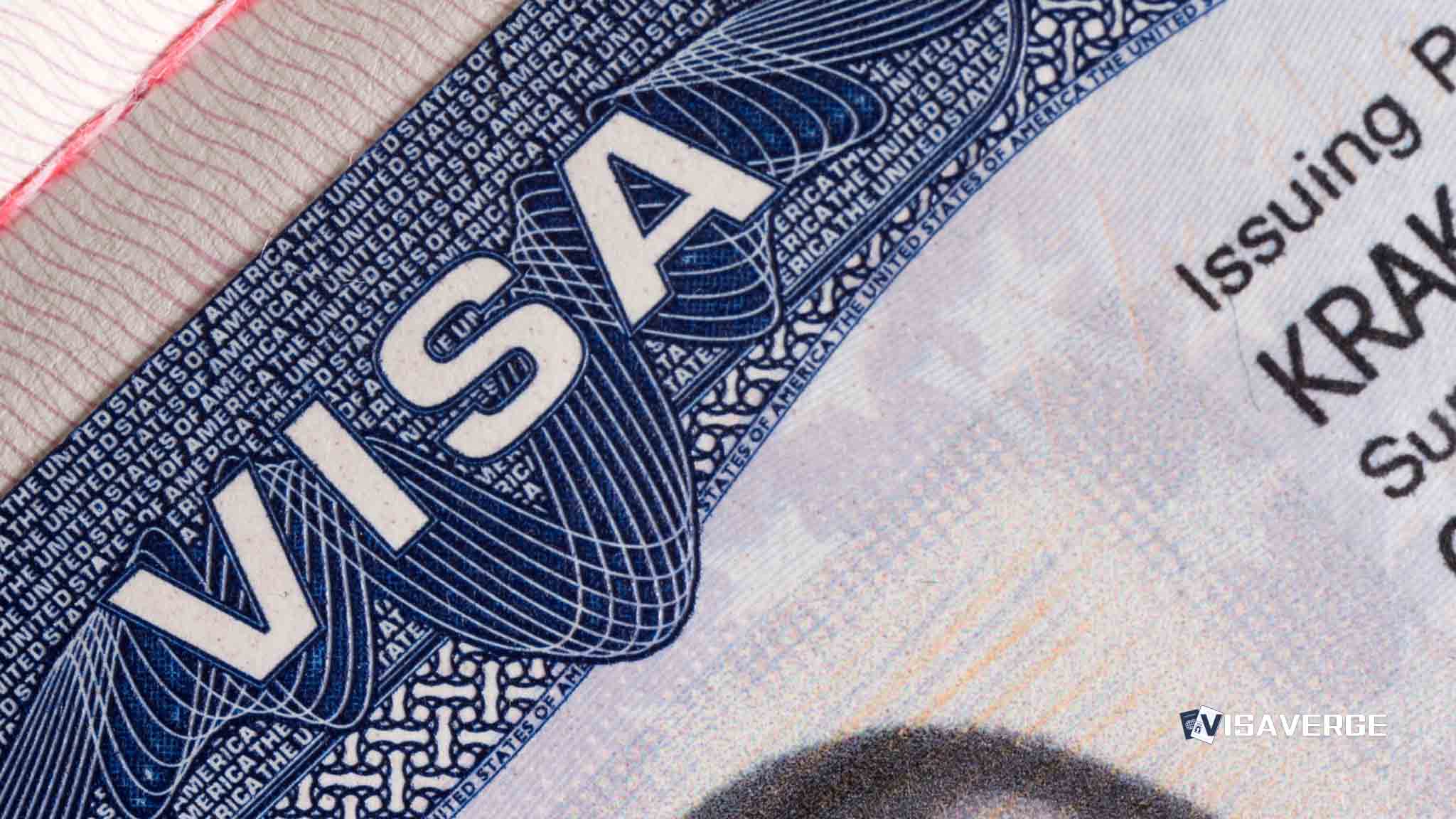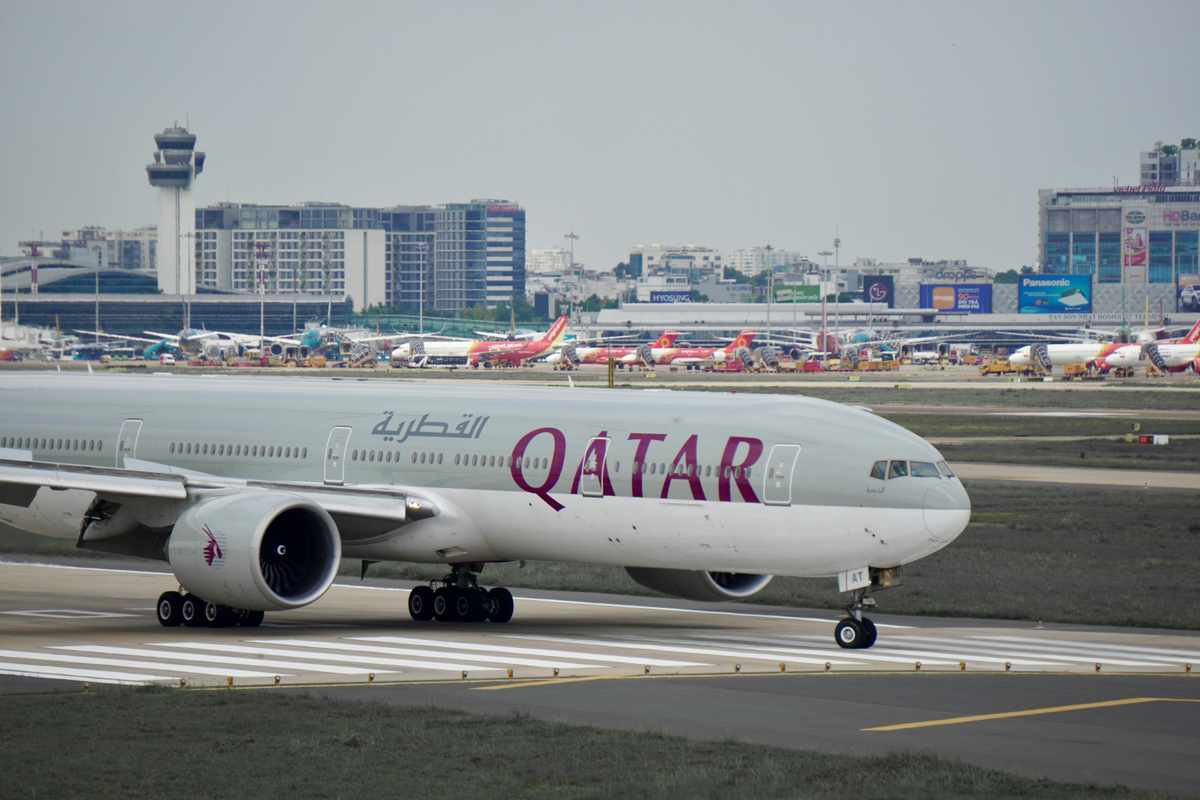Japan’s Refusal to Grant Visa to Former Guantanamo Bay Detainee Turned Author
In a move that has raised eyebrows among human rights advocates and intellectuals across the globe, Japan has denied a visa to Mohamedou Slahi, a former Guantanamo Bay detainee who has since become an internationally acclaimed author. This refusal has brought to light the complex interplay between international relations, security concerns, and human rights considerations. Below, we delve into the details of this refusal, the reasonings behind it, and its implications.

Who is Mohamedou Slahi?
Mohamedou Slahi hails from Mauritania and is a figure of significant interest due to his history, literary achievements, and advocacy work. Slahi was detained by the United States for 14 years at the infamous Guantanamo Bay prison without charge. His release was sanctioned in October 2016, after which he penned a memoir detailing his experiences. His book, “Guantanamo Diary,” not only became a worldwide bestseller but also inspired the 2021 movie, “The Mauritanian.”
The Reason Behind Japan’s Visa Refusal
In January, the Japanese government decided not to issue Slahi a visa, marking the second time such a decision was made—the first being in 2020. Slahi had intentions to visit Japan in March to deliver a lecture. The Japan Foreign Ministry cited failure to meet visa issuance requirements as the reason for the refusal but did not provide detailed explanations.
Why Does It Matter?
The refusal to grant a visa to Slahi has sparked a significant debate concerning Japan’s stance on human rights and freedom of expression. Shinichi Ishizuka, a professor emeritus at Ryukoku University and representative director of Criminal Justice Future, expressed puzzlement over Japan’s decision, particularly since Slahi has been allowed into other countries such as Britain and France.
Slahi himself was taken aback by the refusal, stating, “I thought Japan was a free, democratic, and peace-loving country.” His disappointment underscores a broader concern about how countries balance security concerns with the principles of democracy and human rights.
Slahi’s Connection to al-Qaida
In the early 1990s, Slahi received combat training from the Islamist extremist group al-Qaida, which was reportedly supported by the CIA at the time. However, Slahi claims to have severed ties with the group subsequently. He was detained in Mauritania in November 2001 and later transferred to Guantanamo Bay, where he was subjected to torture. It wasn’t until a U.S. federal court deemed his confessions under duress that he was cleared for release.
Japan’s Visa Policy
The Japanese government generally denies visas to individuals with a history of imprisonment for one year or more or those perceived as a threat to the country’s interests or public welfare. It is speculated that Japan may have branded Slahi as a terrorist, possibly as a gesture of deference to the United States, despite his clearance and release.
The Larger Context
The Guantanamo Bay detention camp has been a contentious issue on the international stage, housing around 780 inmates at its peak, most of whom were never charged with a crime. The camp’s existence and the treatment of detainees have sparked debates about human rights violations and the balance between national security and personal freedoms.
Reflecting on Peace and Freedom
Following his release, Slahi has based himself in the Netherlands since 2021, where he continues to advocate for human rights and participate in symposiums across Europe. His intended lecture in Japan was set to focus on building peace beyond religion and national borders—a poignant reminder of the ongoing struggle for harmony in a divided world.
Conclusion
The refusal of a Japan visa to former Guantanamo Bay detainee and now author, Mohamedou Slahi, poses challenging questions about international relations, human rights, and the global fight against terrorism. It also prompts a reflection on the values of freedom and democracy that we hold dear. As this situation continues to unfold, it serves as a critical reminder of the complex world we navigate, where security, rights, and freedoms are constantly being balanced.
For more information on Japan’s visa policies and requirements, you can visit the official website of the Japan Ministry of Foreign Affairs at https://www.mofa.go.jp/.
This Article In A Nutshell:
Japan’s recent visa denial to Mohamedou Slahi, a former Guantanamo Bay detainee turned author, has stirred global debate. Known for his bestseller “Guantanamo Diary” and movie inspiration, the refusal shines a light on the nation’s delicate balance between security concerns, human rights, and freedom of expression.













